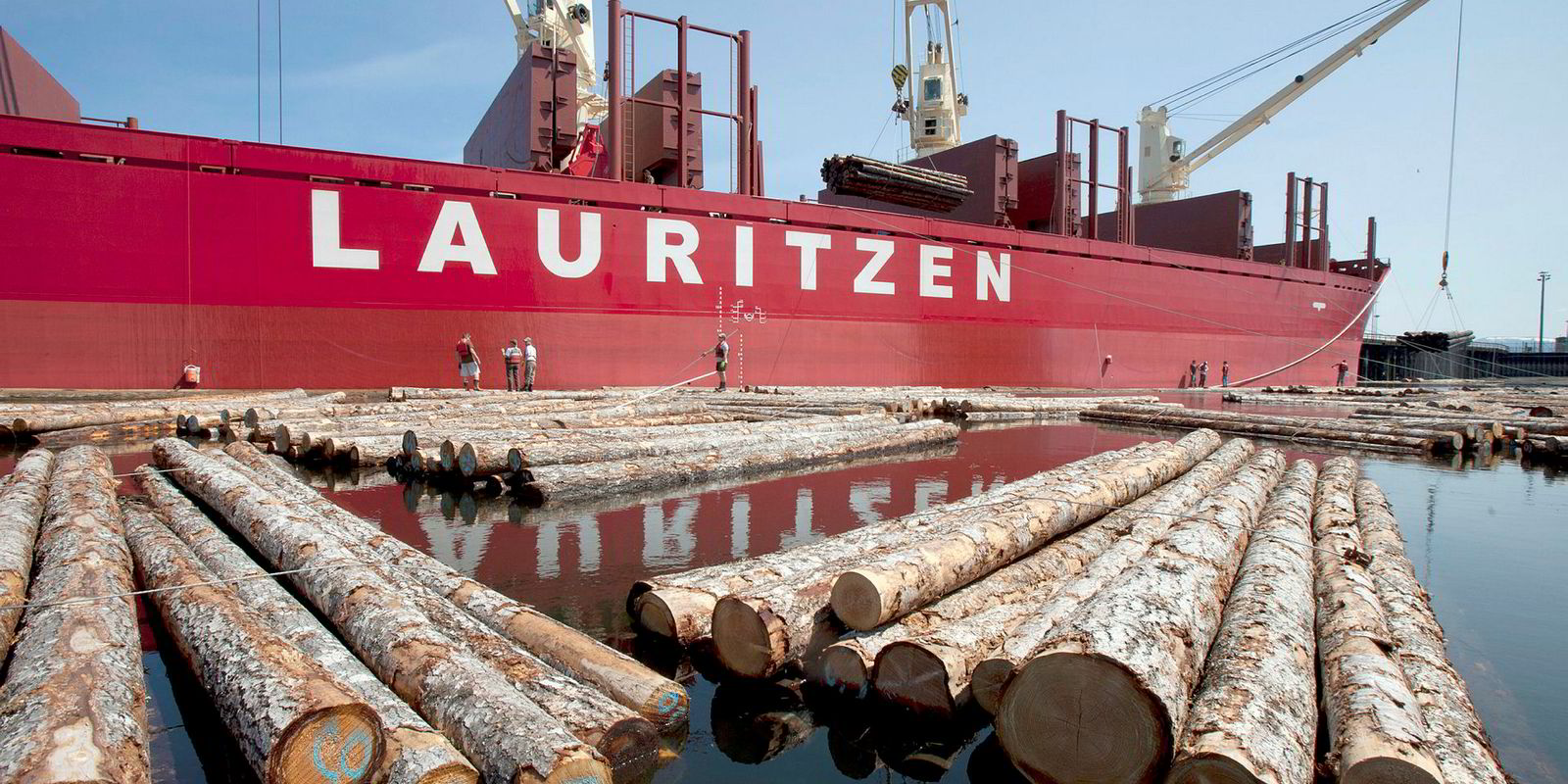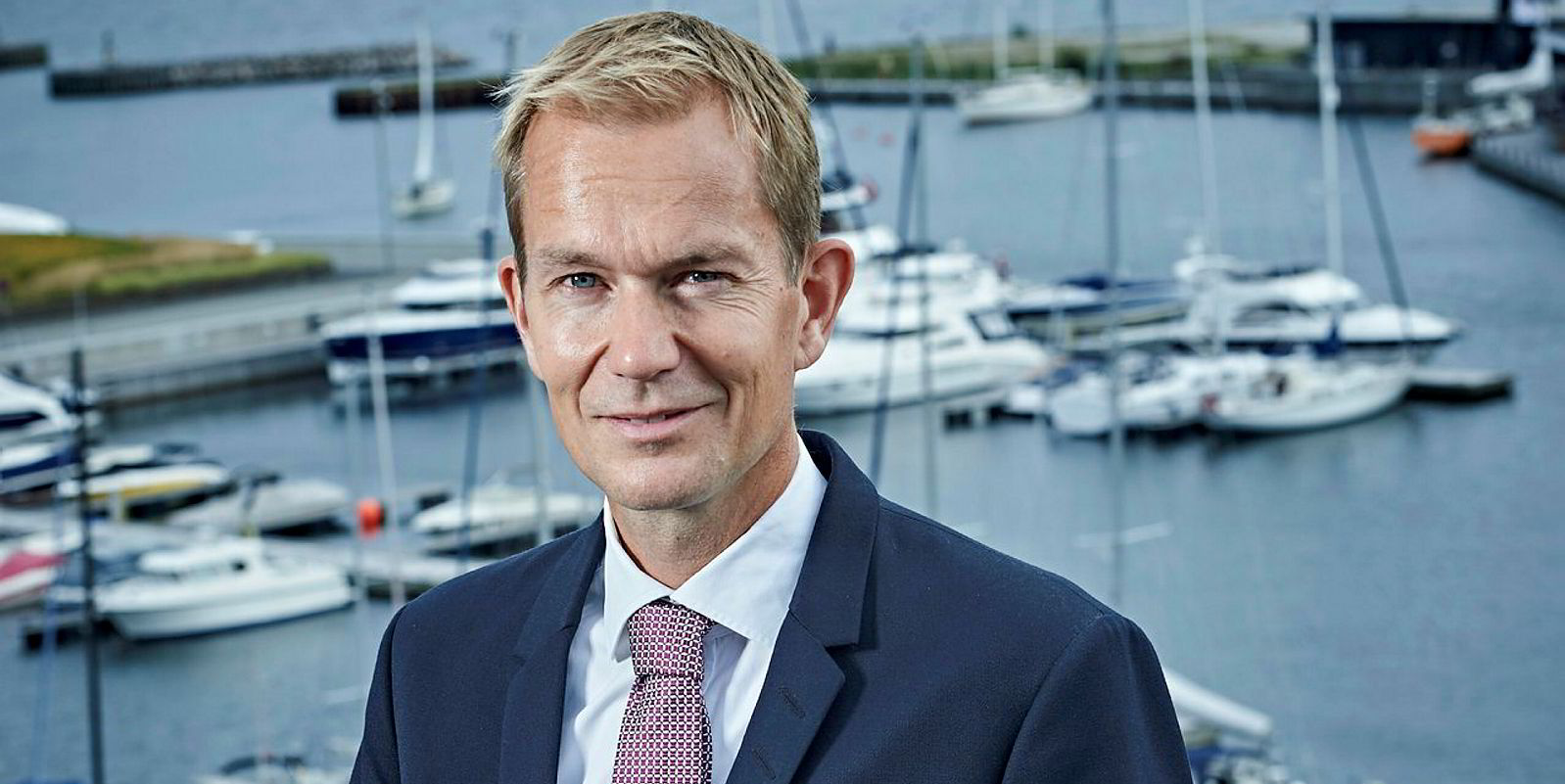Lauritzen Bulkers has posted a stable result for 2018, but has warned it is unlikely to return to profitability in 2019.
Overall, the J Lauritzen cut its loss from $45.4m in 2017 to $24.3m last year.
Earnings were impacted by a $25m one-off charge for special items, which it said was mainly related to the use of provisions for onerous contracts and the reversal of impairments on vessels.
Mads P Zacho, chief executive of J Lauritzen, said: “2018 was a year of continued improvements driven by implementation of our new strategy and overall market improvements.
“Despite considerable result improvements there is still some way to go before we are back where we want to be in financial terms.”
2019 and beyond
J Lauritzen expects its result for 2019 to be lower than in 2018, but remains optimistic about dry cargo markets.
"Despite the disappointing start of 2019 for dry bulk markets with sharp freight rate declines, our expectation for 2019 is that dry bulk rates overall will strengthen based on improving market fundamentals," the group said in its report.
The group said its dry bulk and gas carrier activities would be subject to uncertainty in 2019, "not least due to the ongoing trade disagreements".
On a macro level, economic activity and world trade are expected to decline slightly in 2019, hampered by financial policies that will less supportive of economic growth, the group noted.
"Furthermore, the adoption of the IFRS 16 accounting standard on leases as of 1 January 2019 will have a negative impact on our result," J Lauritzen said.
Charter book recalibration
Lauritzen Bulkers will continue to focus on being an operator within the handysize segment in the years ahead, its parent company said.
Last year saw Lauritzen Bulkers take a number of handys on medium- to long-term timecharters and reduce the number of supramaxes it had on long-term contracts.
Reducing its long-term commitments has rebalanced the company's commercial risk profile and increased its flexibility, parent J Lauritzen said.
Five loss-making vessels on long-term timecharter, comprising three supramaxes and two handys, were redelivered to their owners as their contracts expired during the year, J Lauritzen said.
Ten handysize bulkers were chartered in for up to 24 months during 2018 on contracts that include extension and purchase options.
Lauritzen Bulkers took 12 more handys on timecharters of six to 12 months, and extend the existing charter periods for six more.
The sale of another handysize reduced Lauritzen Bulkers’ owned fleet from ten to nine vessels during 2018.
The company sold the 32,800-dwt Signe Bulker (built 2010) for $9.6m to Franco Compania Naviera of Greece.
At the end of 2018, Lauritzen Bulkers’ fleet averaged 58 vessels, compared to 46 in 2017, of which 53 were handysize and five were supramaxes.






